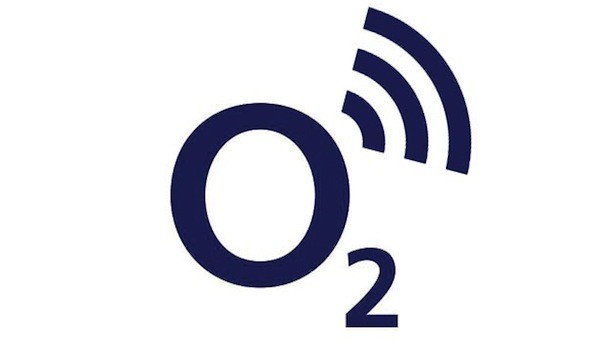Mobile operator O2 is to provide free internet to “millions” of residents and visitors in central London by launching Europe’s largest free wi-fi zone.
The service will be rolled out across the boroughs of Westminster and Kensington and Chelsea in 2012.
It will be powered by a system installed on street furniture.
O2 said the deal, which will have no cost to the taxpayer, will enable visitors to “make the most of what London has to offer”.
Councillor Philippa Roe, cabinet member for strategic finance at Westminster City Council, said: “Westminster welcomes over a million tourists a day, is home to 250,000 residents, employs over half a million people and sees 4,000 business starts-ups each year.
“Visitors to London will easily be able to share their pictures and updates of the Olympic events across social networking sites.”
O2 will begin installing the Metro wireless network across Westminster this month, initially being available in limited areas before being rolled out across both boroughs.
‘High quality connectivity’
London is catching up with other major cities. In Paris, several hundred individual wi-fi zones offer free connections in public parks and municipal spaces.
New York also offers free wi-fi in parks and last year began to install wireless internet access at several of its subway stations.
London’s service will be powered by equipment attached to lamp-posts and other existing structures on London’s streets, and should be completed by March.
“This ground-breaking deal… will see us deliver high-quality connectivity across London in time for London 2012,” said Derek McManus, chief operating officer for O2.
“Our longer-term aim is to expand our footprint of O2 wi-fi, which is open to everyone, and also intelligently enhance our services at street level, where people need the network the most.”
John Hunt, from independent broadband review site thinkbroadband.com, said the service would be very popular, particularly for overseas tourists worried about expensive mobile costs.
“Obviously, free wireless is a good thing. It allows people to get online cheaper,” he told the BBC.
“Whether it will be able to handle the Olympics is going to be their main issue.”
Underground trial
Mr Hunt added that London is becoming a well-connected city for residents and tourists desperate to be online while on the move.
“There are other networks as well, such as The Cloud and BT Openzone, and a lot more places like coffee shops are getting people online,” he said.
However, he said residents living in the free wi-fi areas should not be considering ditching their home connection.
“The problem you will have is that the wireless may not be fast enough to support everything you want to do.
“I don’t think it will necessarily replace home broadband – it’s more a complementing service.”
In November 2010, Charing Cross became the first Underground station to offer wireless connectivity as part of a six-month trial.
A spokeswoman for Transport for London told the BBC that it hopes to install the service in up to 120 stations on the network in time for the Olympics.
Another trial, sponsored by Finnish firm Nokia, involved 26 free wi-fi hotspots in locations across the city.
The firm said it planned to make it a fully-fledged service in 2012.
![]()
